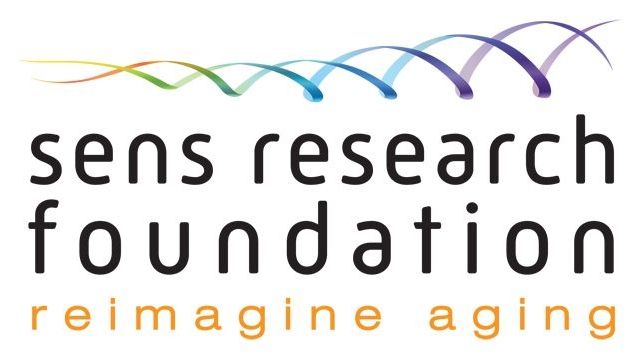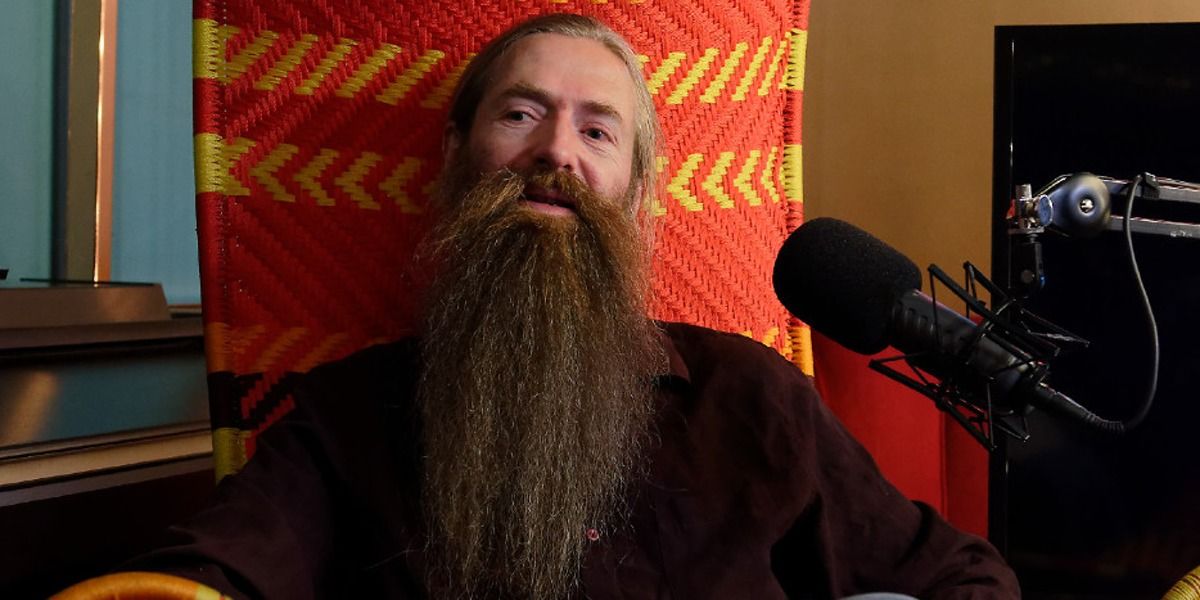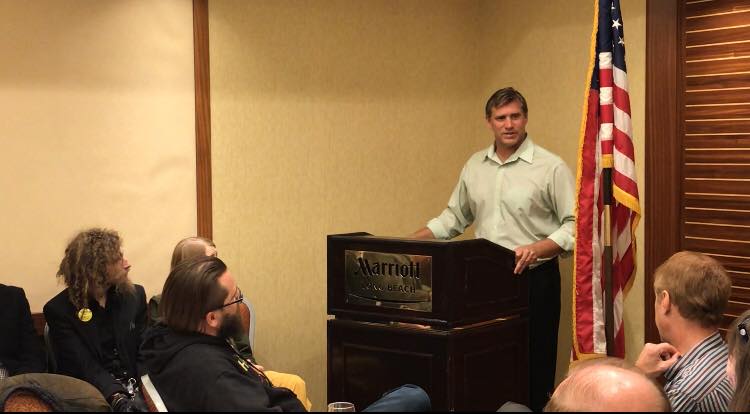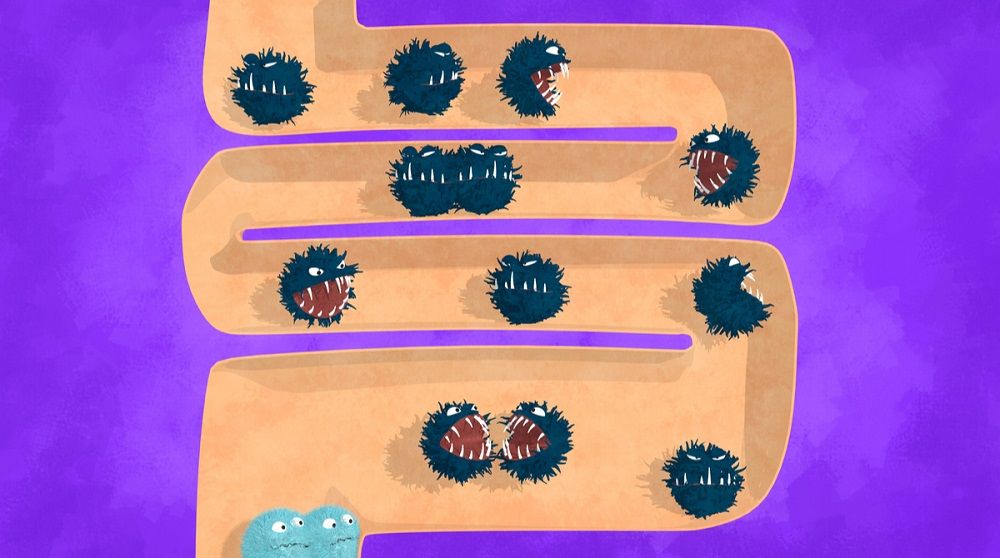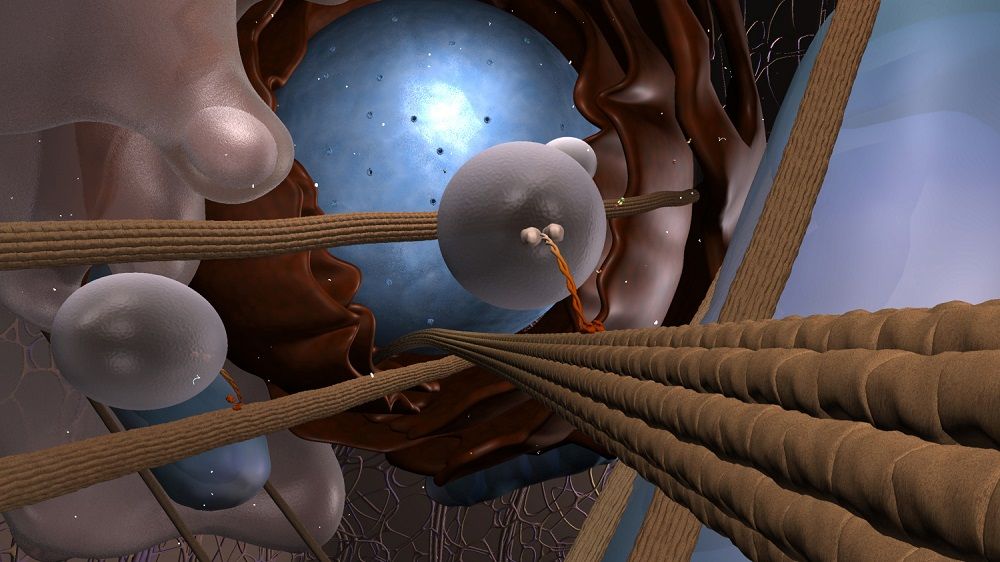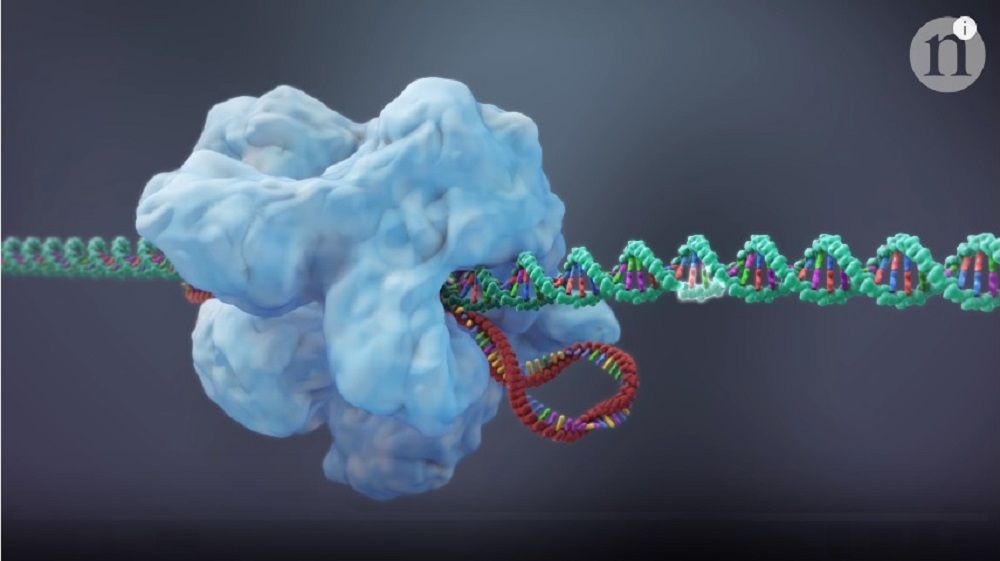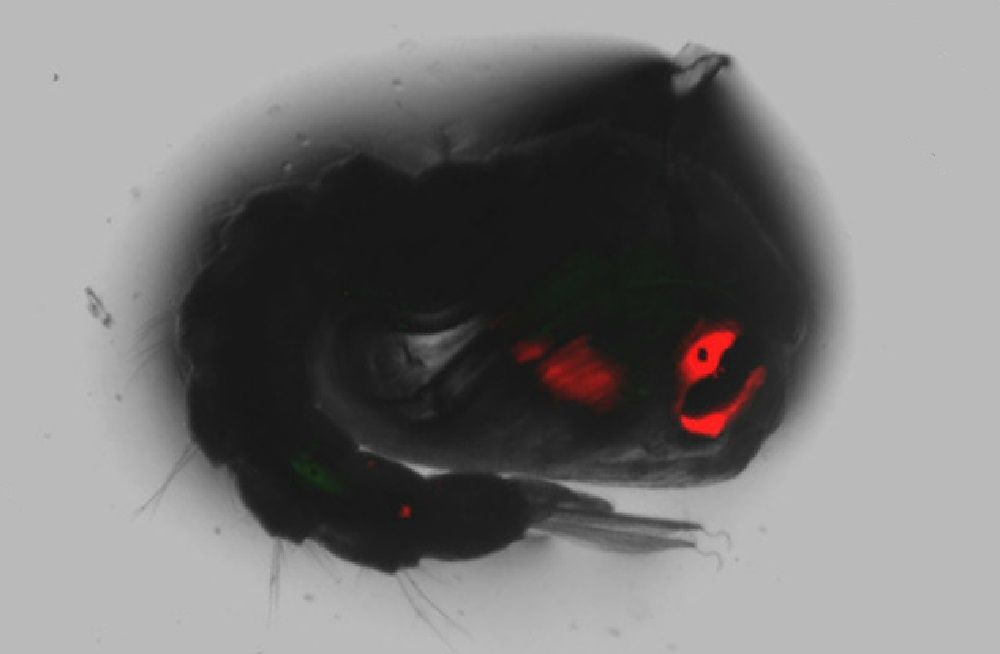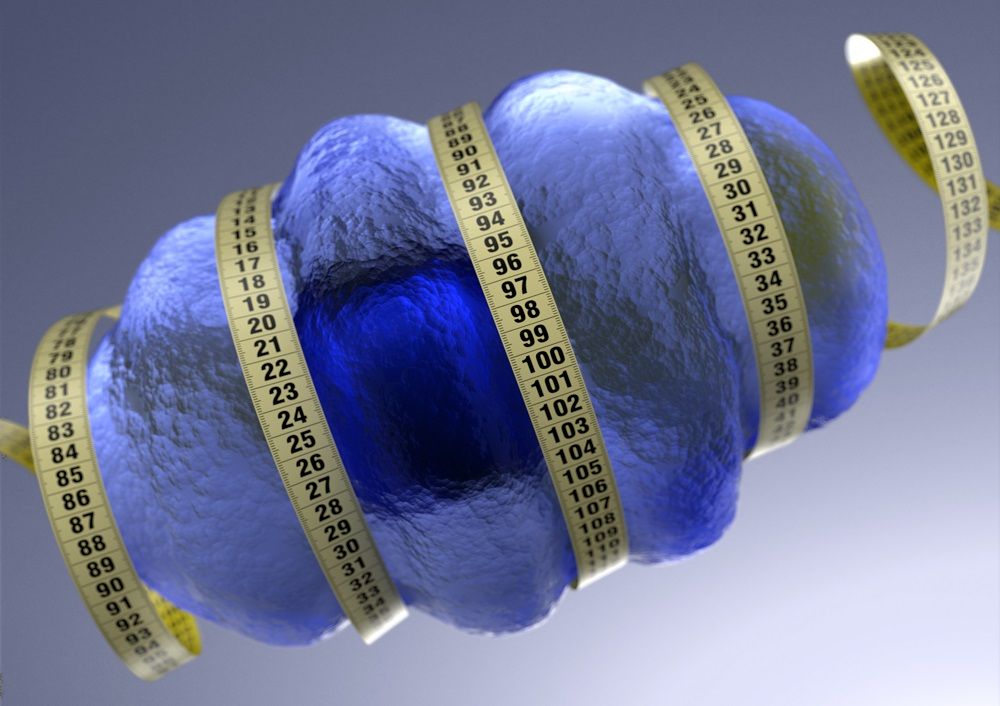Aubrey de Grey has set himself a simple task. The 54-year-old cofounder of the SENS Research Foundation wants to end biological aging for good. So sure is he of his mission, he proclaims the first human being to live to the age of 1,000 has already been born. De Grey believes that, within the next 20 years or so, scientists will finally solve one of humanity’s greatest problems.
“The fact is, aging kills 110,000 people worldwide every fucking day,” de Grey said at a Virtual Futures event attended by Inverse in London on Wednesday, in a conversation with group director Luke Robert Mason. “It doesn’t just kill them. You have to take into account all the suffering that comes before.”
Through his foundation, de Grey is working to solve seven types of aging damage that he believes are the key to a breakthrough. These are tissue atrophy, cancerous cells, mitochondrial mutations, death -resistant cells, extracellular matrix stiffening, extracellular aggregates, and intracellular aggregates. It may sound like a complex salad of jargon, but de Grey claims that because science has an understanding of how to fix all these damages, aging can end for good.
